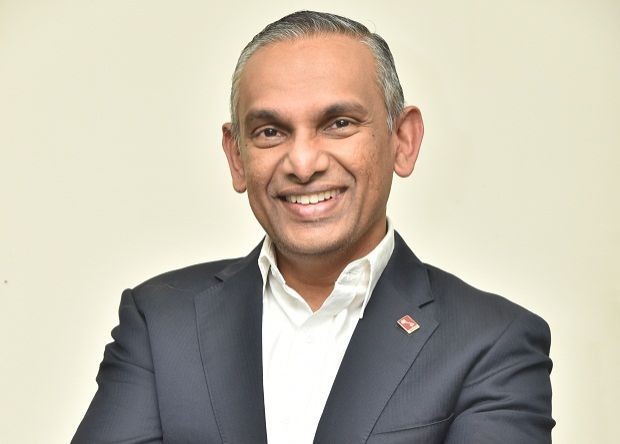
KUALA LUMPUR: Small and medium enterprises (SMEs) must not only look into how to ease their cash flow crunch while they wait for government measures to kick in, but should also figure out the path forward post-Covid-19, say industry experts in a Facebook Live forum on Monday (April 13).
They noted that businesses were experiencing drastic and negative impact on their revenue in light of the ongoing pandemic and the subsequent movement control order (MCO), and were also struggling with costs – even with the breathing room given by Bank Negara Malaysia’s automatic six-month moratorium for the repayment of all loans for individuals and SMEs.
The first step these businesses could take would be to negotiate with suppliers, vendors and partners to find a middle ground on payment settlement, they said.
Malaysian Associated of Indian Chambers of Commerce and Industry (MAICCI) secretary-general Datuk Dr AT Kumararajah said some businesses had started to negotiate with their stakeholders to take a haircut.
"This way, more resilient SMEs can buy some time for the (government’s) package (of SME measures) to kick in.”
While negotiating with stakeholders along the supply chain would be key, he also reminded SMEs to engage with employees and make them a part of the decision-making process to ensure their understanding and support.
“There’s now more flexibility from the government to allow businesses to start talking with staff.
"That would be a practical approach to do while we wait for cash to come in, since around 35% of costs are in payroll.
“As long as we’re very open with them, the majority of them understand. Say, for instance, I (as a business owner) can only afford to pay you (an employee) a third of your salary, with the deferred amounts to be paid in stages after the MCO.
"We must also instil the idea that it’s not an employee vs employer issue, ” he said.
SME Association of Malaysia (SMEAM) national president Datuk Michael Kang said another way would be to approach employees who are willing to take a pay cut or unpaid leave, whereby companies could offer them an extra bonus when it was profitable again in the future.
“Another solution is for employers to offer employees some shares in the company or letting them become a partner in the company (in lieu of a full salary), ” he added.
Malaysia Retail Chain Association president Datuk Seri Garry Chua added that employers must build up goodwill with their employees during this time, by ensuring two-way communication.
“I believe many things in life go back to goodwill and two-way communication," he said.
"Now, we’re not even talking about taking home pay. The first thing we look at is how to pay our staff.
"We also send food to staff, foreigners and locals, in need of it to support them in that way. I think it’s important to offer them that reassurance.
"The best thing we can do is work collectively, ” said Chua.
However, he added that the strategy of tackling business sustainability issues during the global health crisis had to be collective in nature, with the government, employers and employees taking part to share the burden.
It would also help to get landlords involved to help tenants survive and sustain themselves after the MCO, said Chua.
When it comes to business opportunities, an area that SMEs must explore is the need to embark on digital transformation by leveraging existing governmental assistance, with recent developments accelerating digitalisation.
“SMEs should sit down now to think of what kind of mechanism will work for their businesses, since when customer behaviour changes, business models must definitely change. SMEs should find a way to embark on (a) digital (path), ” said Kang.
He said the government should work hand-in-hand with businesses to build up a sustainable and self-sufficient ecosystem within the country, instead of relying on imports.
This is where he believes SMEs can find opportunities to explore, such as in medical equipment, logistics, technology and health.
MAICCI’s Kumararajah, conversely, said that it was not the technology that was holding SMEs back. His take is that “it’s the backend that doesn’t match, in terms of the processes".
"For example, working from home. Business processes were never aligned to work from home, which is really going to be permanent as we move forward.”
As such, businesses would have to start familiarising with an "isolation economy", he said.
Kumararajah also said regulatory and legislative changes must adapt to the new norm.
“A lot of reimagination of the business model must happen, but most importantly, regulations have to come faster and complement the work SMEs are doing, to enable them to reconnect to global trade faster.
"Every day we’re not going back to the global market is a day where someone else is starting to fill in that space and we’ll lose out, ” he stressed.
Source : https://www.thestar.com.my/business/smebiz/2020/04/14/smes-navigating-rough-waters

